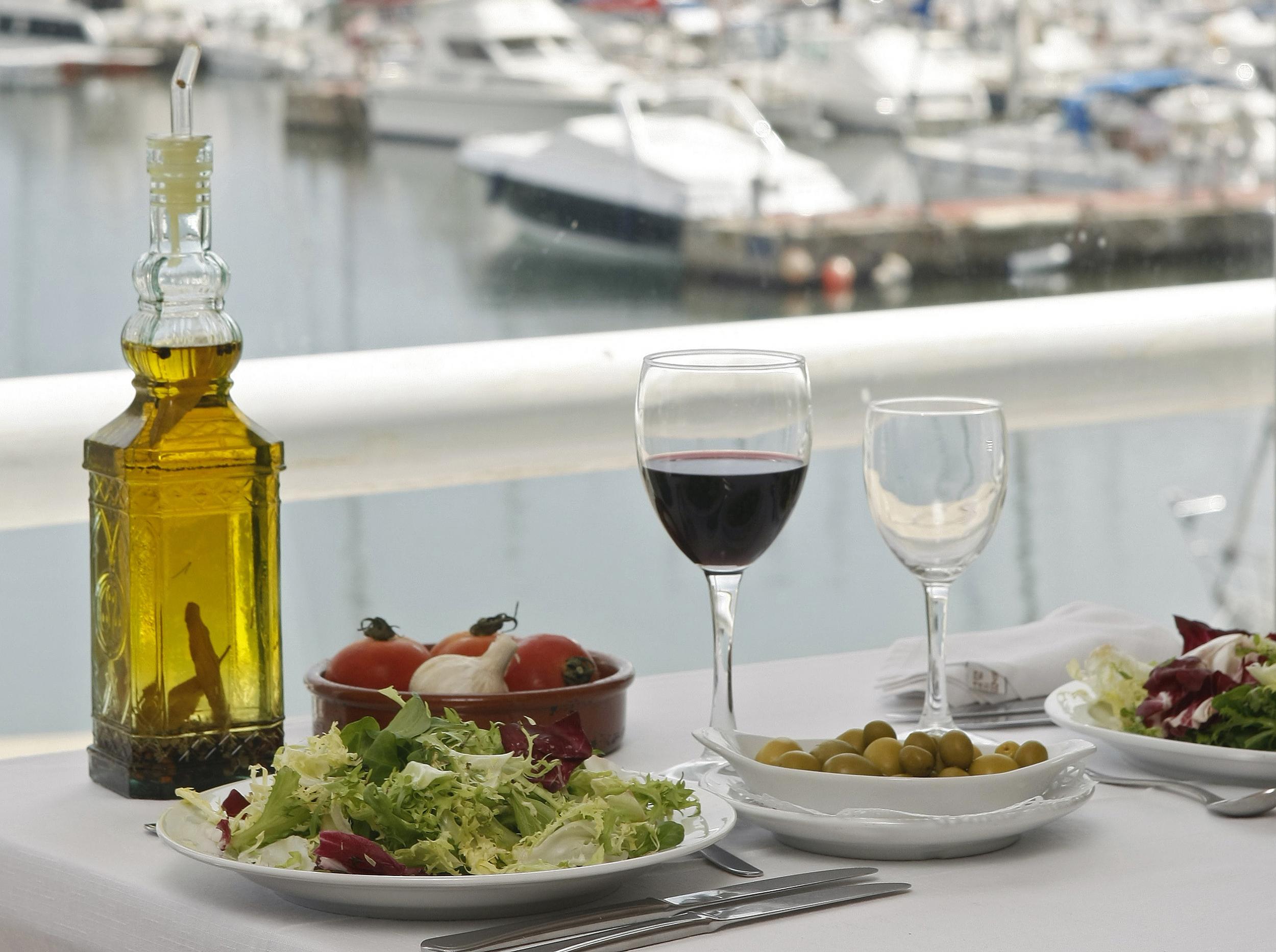Why you shouldn't believe the new claims that a Mediterranean diet can cure depression
It veers close to victim blaming to suggest that people could make themselves feel better if they just put in a bit more effort in the kitchen


Your support helps us to tell the story
From reproductive rights to climate change to Big Tech, The Independent is on the ground when the story is developing. Whether it's investigating the financials of Elon Musk's pro-Trump PAC or producing our latest documentary, 'The A Word', which shines a light on the American women fighting for reproductive rights, we know how important it is to parse out the facts from the messaging.
At such a critical moment in US history, we need reporters on the ground. Your donation allows us to keep sending journalists to speak to both sides of the story.
The Independent is trusted by Americans across the entire political spectrum. And unlike many other quality news outlets, we choose not to lock Americans out of our reporting and analysis with paywalls. We believe quality journalism should be available to everyone, paid for by those who can afford it.
Your support makes all the difference.Following a Mediterranean diet will help you live longer, sleep better and boost your libido, if reports are to be believed.
And now it’s being touted as a way to prevent depression, with scientists claiming that a diet featuring lots of fruits, vegetables, legumes, cereals and fish, and, of course, olive oil, has been linked to a lower risk.
A Mediterranean diet is sold as being a simple way of eating, and in many ways it is – it doesn’t involve complicated, hard to find ingredients, it’s largely based on eating foods in as unprocessed a form as possible, and it’s relatively easy for vegetarians and even vegans to follow.
However, it does involve time and money. Yes, you can buy fruit and veg on a fairly low budget, but to reap the benefits of this diet – taste-wise, if nothing else, you need to be eating high quality, organic produce, which comes at a premium.
If depression has depleted your bank account, as it so often does, it’s going to make more sense to go for cheaper foods, even if that means ready meals or processed products.
Time-wise, it’s a similar situation. You could stick to salad, which can be thrown together pretty quickly, depending on how finely chopped you like your meals. But sometimes, people want to eat a hot meal, and that involves cooking, which takes time. Even a simple pasta dish will take longer than a microwave curry, which could be ready in three minutes. Cooking also requires a certain level of skill; it might feel easy to those who can, but for the less-kitchen savvy out there, it can be a real struggle.
Pre-packaged, processed ready meals might be less nutritionally sound, but they can also be significantly less demanding, and if someone is feeling anxious and struggling to cope on a day-to-day basis, that’s what they’ll go for.
Additionally, depression leaves many people with no appetite at all, in which case, shouldn’t they be encouraged to just make sure they’re eating enough, without feeling like they need to adhere to a specific regime?
On top of all this, there’s something more than a little patronising about this latest advice – depressed people aren’t all living on crisps and Kit Kats, ingesting more E numbers than vitamins. It veers close to victim blaming to suggest that people could make themselves feel better if they just put in a bit more effort in the kitchen.
There are so many of these supposedly simple treatments for the complex mental illness that is depression; a cursory Google will show that cold water swimming, kefir and even ketamine have recently been suggested as ways to treat it.
One thing that hasn’t been recommended is a constant bombardment of often conflicting pieces of advice about how to deal with the illness. That’s because it definitely doesn’t help.
It’s hard to come up with a reason for why these new “breakthroughs” are so often trotted out. Perhaps the constant advice is a source of hope for some people; the possibility of a cure might be enough to motivate some to keep going.
But the other side of that coin is that the situation begins to look hopeless after a while, as people get caught in a cycle of constantly trying new methods, only to have them “fail”.
Some of these ideas could turn out to be actual breakthroughs, but that will only be established after serious, science-based examination of extensive amounts of data.
The most recent claimed benefits of the Mediterranean diet have already been called into question because they have not been subject to sufficient trials.
Throwing a series of half-baked suggestions at people who are already feeling under pressure due to their illness isn’t going to help them – and in fact, it is likely to make them feel worse.
Join our commenting forum
Join thought-provoking conversations, follow other Independent readers and see their replies
Comments